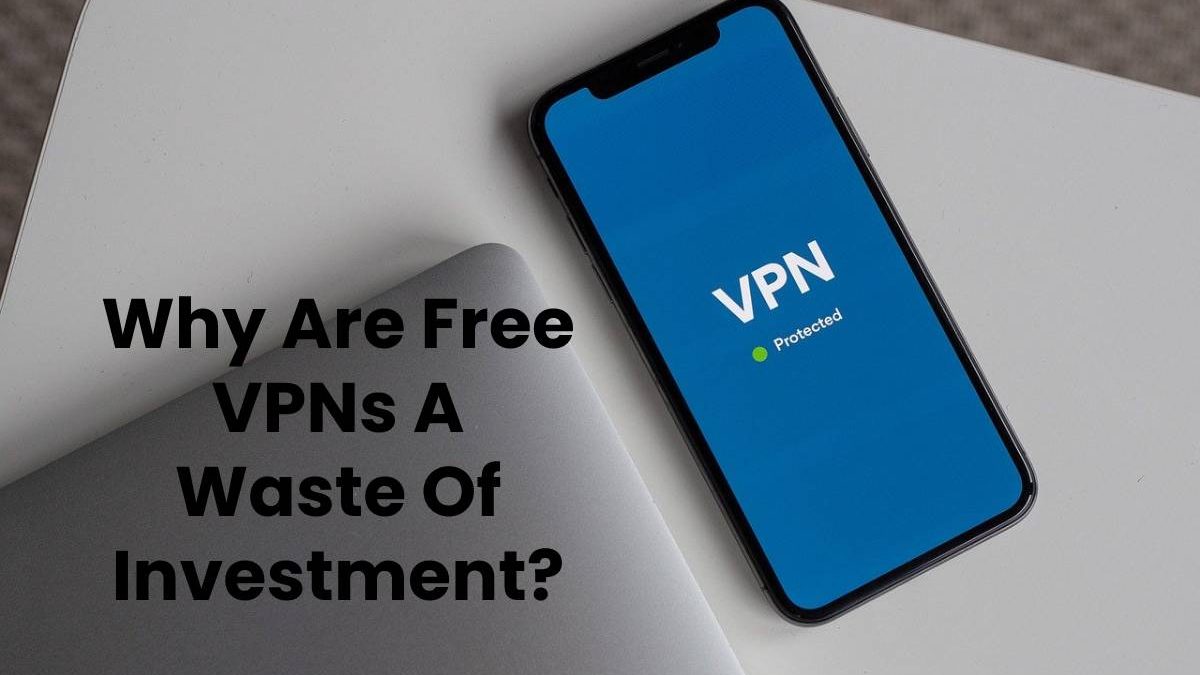Why Are Free VPNs A Waste Of Investment
VPNs are really high in demand in the United States of America and in other countries, where some of the popular sites are restricted. VPN is an excellent way of using the internet and browsing without any restriction.
For example, when in most of the places torrent websites are restricted and illegal to use, using VPN, you can download free movies, games, and applications. In order to do that, you just need to visit ipiratebay, click here, and enjoy free entertainment.
When it comes to any VPN software, there are some which offer services on a paid basis. On the other hand, free VPNs are most popular as they offer the same service, but without making you pay for it. This is why they are really popular across the globe.
Now the question is, “Why are free VPNs a waste of your money?” In this article, we will talk about that.
Table of Contents
What Is VPN?
VPN or virtual public network actually creates a network for anyone’s computer when they are using any public internet connection for browsing. In order to conceal the IP address along with making all your online activities almost untraceable.
Using a VPN, you can change your location while browsing the internet. Here you can select your location from a different country or region. For example, when you are browsing from New York, you can actually set the location of Switzerland.
The Advantages Of Using VPN
Before digging into the main topic, why free VPNs are actually dangerous for your online privacy, let’s have a look at the basic advantages you can utilize by using a virtual private network or VPN.
- When you are connected with a public network, it exposes you to several online threats. Here VPN can actually protect you from cyber-attacks.
- As we have already mentioned, using VPN, you can change your location from anywhere in the world to any other part of the world.
- VPN is known for encrypting all your internet activities and making them almost untraceable.
- Setting up a VPN is not that big a deal, and you also do not have to pay a lot for that. In fact, you can use VPNs free of cost.
- Your internet service provider has an eye over your online activities. Here VPN conceals your activities on the internet by creating an encrypted virtual tunnel.
Why Free VPNs Are Dangerous
If you really love your privacy, the internet is really a hostile place for you. Internet providers have access to your browser history and can sell them, tech giants collect a considerable amount of data for tracking you across the web, and lastly, the government can actually spy on you.
Many of us opt for virtual network providers thinking that VPNs can protect them from spies and snoopers. At the same time, when VPNs are able to solve your problems, they also can expose you and your online activities to greater privacy risks.
VPNs were actually designed for employees to connect with the office networks while they are on a business trip or working from home. At present, VPNs are mostly used for tricking streaming services and hiding your online internet traffic.
With VPN, you can change your location to a place where you are actually not present. On the other hand, this same technique is used by dissidents and activists for bypassing censorship systems in their respective countries.
Free VPNs Can Be A Threat To You
By funneling your internet traffic through an encrypted pipe to the particular VPN server, VPN makes it really difficult for anyone on the internet to check out your online activities or which site you are accessing.
In reality, VPN does not offer you anonymity or inherently protect your privacy. With VPN, you can simply divert all your internet traffic from entering into the system of your ISP.
To Conclude
From the above discussion, we can now conclude that, however, VPN protects your Ip address, but at the same time, free VPNs do not offer you total security. There is a high chance that for money, they can sell your browsing data to any third party. So, for privacy, it is best to rely on your internet services provider or ISP rather than trusting VPN.

